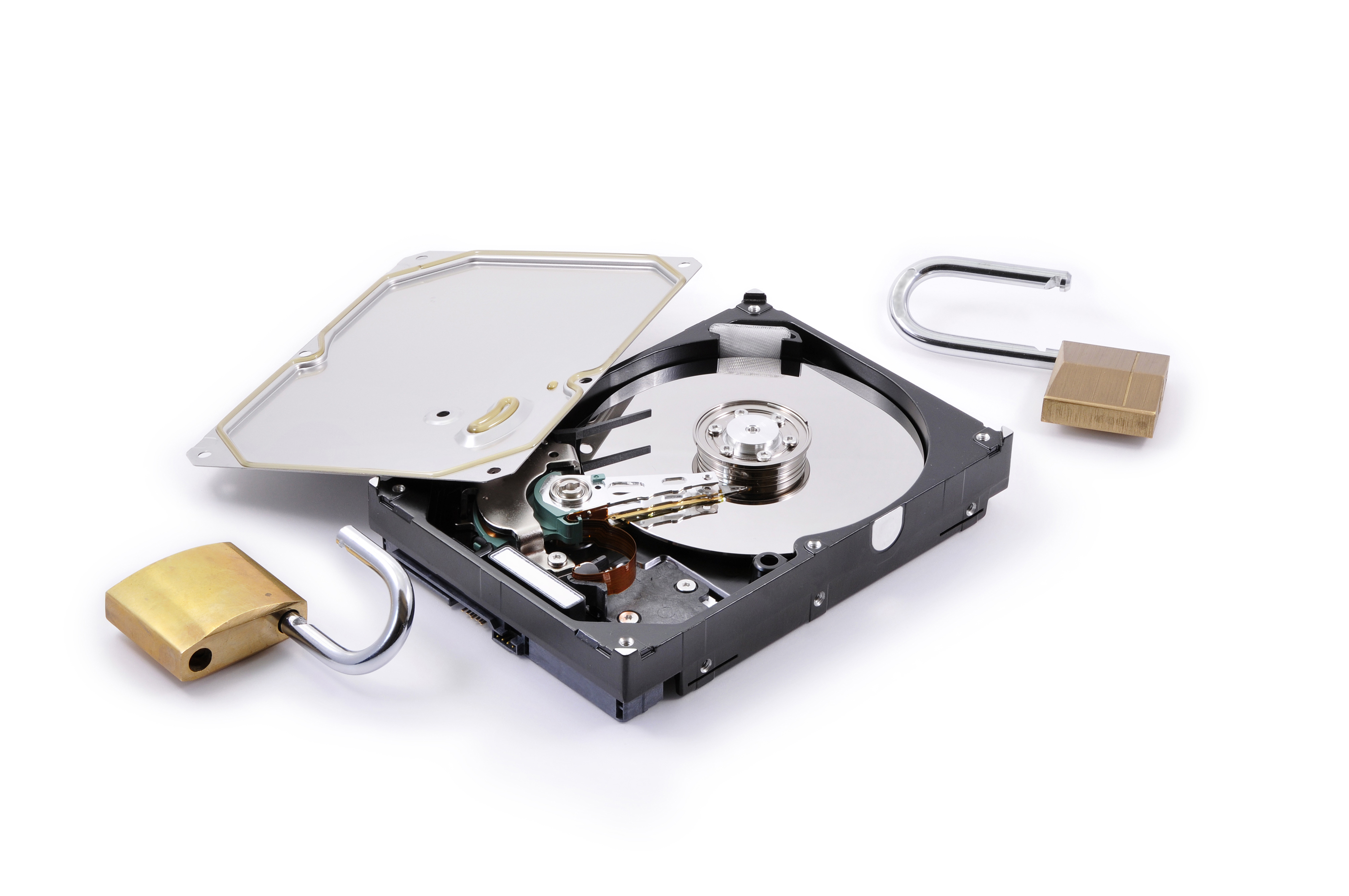How to Dispose of Hard Drives Securely Before Recycling
Recruiting new employees is a great opportunity to bring in fresh talent and new insight into the company. However, with employee turnover rate averaging at 15% a year, it’s important that businesses learn how to dispose of hard drives and other office electronics used by old employees securely. (1) In turn, this will help to reduce the chances of a data breach due to a lack of data security when disposing of devices.
Protecting Data When an Employee Leaves
Employees are bound to leave your business eventually. Whatever the circumstances, you will need to make sure that confidential and commercially sensitive company data is protected. This can be done in the following ways:
- Changing passwords company-wide
- Encrypting data
- Nondisclosure Agreements (NDAs)
It’s important to consider the above as part of your data security and employee exit processes. Failing to do so may mean that previous employees retain access to your data, which could cause a data breach, including those associated with GDPR regulations that can carry substantial fines.
Although we might think of a ‘hacker’ causing the majority of data breaches, it can be ex-employees that are responsible for company data breaches. (2) In fact, 36% of previous employees have continued to have full access to company data and systems after they have left and one in ten of those employees actively access their ex-employer's systems. (3)
With these statistics in mind, businesses should make it a priority to ensure data security.
Another essential step is to properly dispose and destroy employees’ old office devices when they leave the company. This could include hard drives, laptops and tablets.
So do you dispose of hard drives safely and securely? Shred-it's Hard Drive Destruction Service can help.
How to Dispose of Hard Drives Securely
When an employee leaves or a device becomes outdated, many businesses will fall into the routine of simply wiping or deleting the data from an old hard drive before disposing of it. However, this isn’t a secure method and if the device is then recycled intact there is the potential for the device to be picked up and sold second-hand.
It’s reported that 3 out of 5 second-hand hard drives still contain the previous owner’s confidential information. (4) Data falling into the wrong hands can have severe consequences, such as fines and lost customer loyalty and trust.
As you can see, your old hard drives could quite literally make or break your company. So, it’s very important that all organisations, both big and small, know how to dispose of hard drives safely and securely in order to reduce the likelihood of a data breach.
Our Hard Drives Destruction Service can help to make sure data can no longer be retrieved from your old hard drives. Did you know that in order to dispose of hard drives correctly and securely they need to be irreparably destroyed? If hard drives are still intact when thrown away or recycled, then the data inside can still be retrieved, only completely physically destroying the drive keeps your data private. This minimises the chances of a data breach significantly, meaning that even if a hacker were to gain access to the physical device, it would not be in one piece and information recovery would be impossible.
To ensure further security, Shred-it utilises a secure chain of custody at every touch point, from our locked consoles and trucks to our facilities where your old devices are recycled by trusted partners. We also provide a Certificate of Destruction so you can feel safe in the knowledge that your old devices are completely destroyed.
Learn more about our secure hard drive disposal process and how we can meet your organisation’s needs. Get in touch today to see how our services can protect your business, employees, and customers.
(2) https://www.cioinsight.com/security/ex-employees-still-cause-data-breaches/
(3) https://www.isdecisions.com/insider-threat-persona-study/
(4) https://www.comparitech.com/blog/information-security/hard-drives-contain-previous-owners-data/



.jpg/_jcr_content/renditions/stericycle-306-198.jpeg)